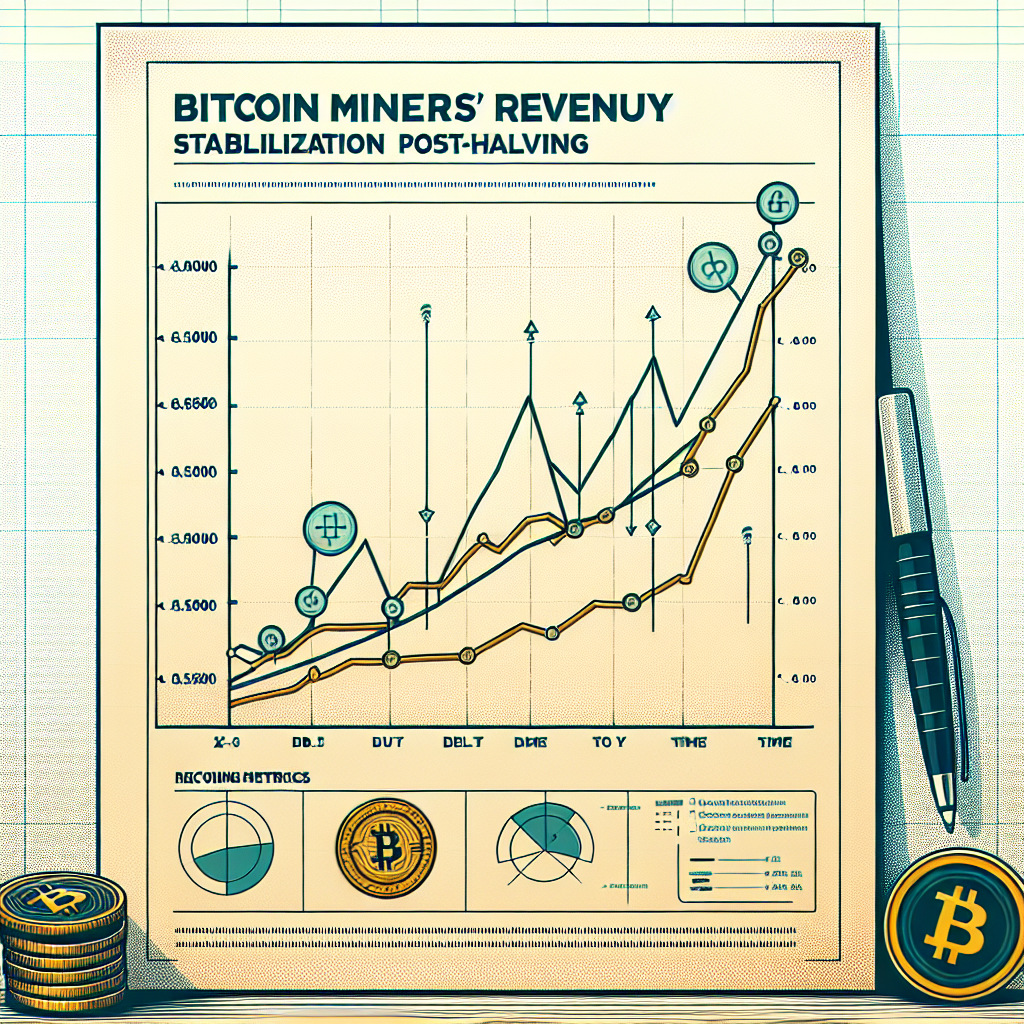
Major Political Developments Shaping Global Affairs on March 22, 2025
On March 22, 2025, significant political developments unfolded across the globe, reshaping international relations and influencing diplomatic strategies. In Europe, the European Union convened an emergency summit in Brussels to address escalating tensions surrounding trade disputes and migration policies. Leaders from member states engaged in intensive negotiations aimed at reaching consensus on unified border control measures and equitable distribution of refugees. Although discussions were marked by divergent viewpoints, particularly between Eastern and Western European nations, the summit concluded with a preliminary agreement to enhance cooperation and allocate additional resources toward humanitarian assistance and border security.
Meanwhile, in Asia, diplomatic relations between China and India experienced a notable improvement following high-level bilateral talks held in New Delhi. Both nations agreed to resume stalled border negotiations and committed to reducing military presence along disputed territories. This diplomatic breakthrough was welcomed by the international community, as it significantly reduced the risk of military confrontation between two of the world’s most populous countries. Analysts suggest that this development could pave the way for enhanced economic cooperation and stability in the broader Asian region.
In the Middle East, political dynamics shifted dramatically as Saudi Arabia and Iran announced the establishment of formal diplomatic relations after decades of hostility. Facilitated by extensive mediation efforts from neutral parties, including Switzerland and Oman, the agreement included commitments to reopen embassies, initiate direct diplomatic dialogue, and collaborate on regional security issues. This historic rapprochement is expected to have far-reaching implications for regional stability, potentially easing tensions in conflict zones such as Yemen and Syria, and fostering greater economic integration among Gulf Cooperation Council states.
Across the Atlantic, the United States administration unveiled a comprehensive foreign policy initiative aimed at strengthening alliances and countering emerging geopolitical threats. President Elizabeth Warren delivered a speech outlining the administration’s commitment to multilateralism, emphasizing renewed cooperation with NATO allies and increased diplomatic engagement with Latin American countries. The initiative also highlighted plans to address climate change through international collaboration, signaling a shift toward proactive global leadership on environmental issues. This announcement was met with cautious optimism by international partners, who expressed hope that the United States would maintain consistent diplomatic engagement moving forward.
In Africa, political developments in Nigeria drew international attention as the nation successfully conducted peaceful presidential elections. Observers praised the electoral process for its transparency and fairness, marking a significant milestone in Nigeria’s democratic evolution. The newly elected president, Amina Okafor, pledged to prioritize economic reform, anti-corruption measures, and regional security cooperation. Her election represents a historic moment, as she becomes Nigeria’s first female president, symbolizing progress toward gender equality and inclusive governance on the continent.
Collectively, these political developments on March 22, 2025, underscore the interconnected nature of global affairs and highlight the importance of diplomatic dialogue in addressing complex international challenges. As nations navigate shifting alliances and evolving geopolitical landscapes, continued commitment to diplomacy and cooperation remains essential for fostering global stability and prosperity.
Key Economic Highlights and Market Updates for March 22, 2025

On March 22, 2025, global markets experienced notable fluctuations driven by a series of economic developments and policy announcements. Investors closely monitored these events, as they provided critical insights into the trajectory of the global economy and potential implications for financial markets.
In the United States, the Department of Labor released its latest employment report, indicating a stronger-than-expected increase in job creation. The economy added approximately 280,000 new jobs in February, surpassing analysts’ forecasts of 220,000. This robust employment growth signals continued resilience in the labor market, despite ongoing concerns about inflationary pressures. Consequently, market participants are now speculating that the Federal Reserve may consider additional interest rate hikes in the coming months to manage inflation expectations effectively.
Meanwhile, European markets reacted cautiously to the European Central Bank’s (ECB) recent policy statement. ECB President Christine Lagarde emphasized the central bank’s commitment to maintaining price stability amid persistent inflationary pressures across the Eurozone. Although the ECB opted to keep interest rates unchanged at its latest meeting, Lagarde hinted at potential tightening measures if inflation remains elevated. Investors interpreted these remarks as a signal of possible future rate increases, prompting moderate volatility in European equity markets.
In Asia, China’s economic data release drew significant attention from global investors. The latest figures revealed that China’s industrial output grew by 6.2% year-on-year in February, slightly below market expectations of 6.5%. Despite this minor shortfall, analysts remain optimistic about China’s economic recovery, citing steady domestic consumption and improving export demand. However, concerns persist regarding the sustainability of this growth trajectory, particularly in light of ongoing geopolitical tensions and supply chain disruptions.
Commodity markets also experienced notable movements on March 22. Oil prices rose modestly, driven by increased demand forecasts and ongoing supply constraints. Brent crude futures climbed approximately 1.2%, settling at $88.50 per barrel, while West Texas Intermediate (WTI) crude advanced by 1.1%, closing at $84.20 per barrel. Analysts attribute this upward momentum to optimism surrounding global economic recovery and expectations of sustained energy demand growth.
Conversely, gold prices declined slightly as investors shifted their focus toward riskier assets amid improving economic sentiment. Spot gold prices fell by 0.4%, trading at $1,820 per ounce, reflecting reduced demand for safe-haven assets. Market observers suggest that gold prices may remain under pressure in the short term if economic indicators continue to signal strength and central banks maintain their hawkish stance on monetary policy.
In currency markets, the U.S. dollar strengthened against major currencies, buoyed by positive employment data and expectations of further monetary tightening by the Federal Reserve. The euro and British pound both weakened slightly against the dollar, reflecting investor caution following the ECB’s policy announcement and ongoing uncertainty surrounding Brexit-related trade negotiations.
Overall, the economic highlights and market updates from March 22, 2025, underscore the interconnectedness of global financial markets and the importance of closely monitoring economic indicators and policy developments. Investors will continue to assess these factors carefully, as they seek to navigate potential risks and opportunities in an evolving economic landscape.
Top International Stories and Events from March 22, 2025
On March 22, 2025, several significant international events unfolded, capturing global attention and shaping the day’s news agenda. In Europe, diplomatic tensions escalated as European Union leaders convened in Brussels to address ongoing trade disputes with major global economies. Discussions primarily focused on tariff disagreements and regulatory standards, with member states emphasizing the need for unity and strategic cooperation. The summit concluded with a joint statement underscoring the EU’s commitment to fair trade practices and diplomatic dialogue, signaling a cautious optimism toward resolving existing conflicts.
Meanwhile, in Asia, environmental concerns took center stage as representatives from over 40 countries gathered in Tokyo for a landmark climate summit. Delegates discussed ambitious targets aimed at reducing carbon emissions and promoting renewable energy initiatives. Japan’s Prime Minister highlighted the urgency of collective action, urging nations to accelerate their transition toward sustainable energy sources. The summit resulted in several nations pledging increased financial support for climate adaptation projects in vulnerable regions, reflecting a growing international consensus on the importance of addressing climate change proactively.
In the Middle East, humanitarian efforts intensified following recent flooding in parts of Yemen, which displaced thousands and exacerbated existing humanitarian crises. International aid organizations, including the United Nations and Red Cross, mobilized resources to provide emergency relief, medical assistance, and temporary shelter to affected communities. The international community expressed solidarity with Yemen, calling for increased humanitarian aid and cooperation to alleviate suffering and support long-term recovery efforts.
Across the Atlantic, the United States and Canada announced a joint initiative aimed at strengthening cybersecurity measures in response to recent cyberattacks targeting critical infrastructure. Both governments emphasized the importance of collaboration in safeguarding digital networks and protecting sensitive information from malicious actors. The initiative includes enhanced intelligence sharing, coordinated response protocols, and joint training exercises designed to bolster cyber resilience. Analysts praised the move as a significant step toward addressing the growing threat posed by cybercrime and state-sponsored cyber activities.
In Africa, economic developments dominated headlines as the African Union unveiled a comprehensive economic integration plan designed to boost intra-African trade and investment. Leaders from across the continent gathered in Addis Ababa to endorse the initiative, which seeks to remove trade barriers, harmonize regulatory frameworks, and facilitate cross-border commerce. Experts anticipate that successful implementation of the plan could significantly enhance economic growth, create employment opportunities, and reduce poverty levels throughout the region.
Elsewhere, Latin America witnessed political developments as Brazil hosted a regional summit aimed at addressing migration challenges and promoting regional stability. Leaders from neighboring countries discussed strategies to manage migration flows effectively, emphasizing humanitarian considerations and regional cooperation. The summit concluded with agreements on coordinated border management, improved migrant support services, and enhanced diplomatic dialogue to address underlying causes of migration.
Collectively, these international events from March 22, 2025, underscore the interconnected nature of global affairs and highlight the importance of diplomatic engagement, cooperation, and collective action in addressing complex challenges. As nations continue to navigate geopolitical tensions, environmental concerns, humanitarian crises, cybersecurity threats, economic integration, and migration issues, sustained international collaboration remains essential for achieving lasting solutions and promoting global stability.
![Ultimate Guide to the [Mind of Pepe ($MIND)] Token Sale: How to Participate and Key Insights](https://autocryptonews.com/wp-content/uploads/2025/04/トークンセール用アイキャッチ画像.jpg)




